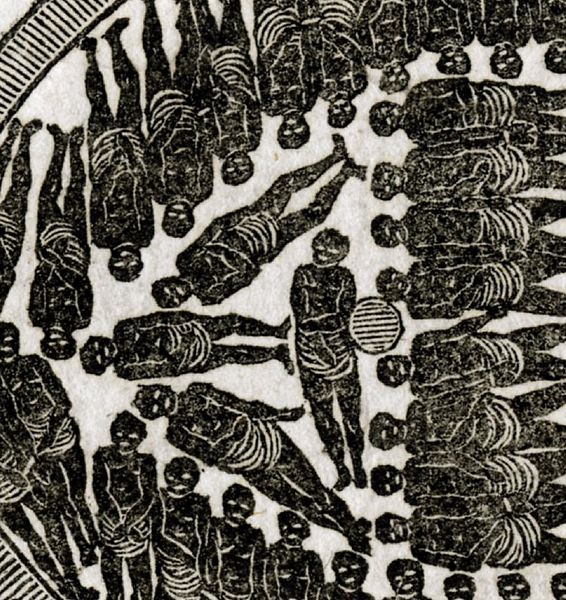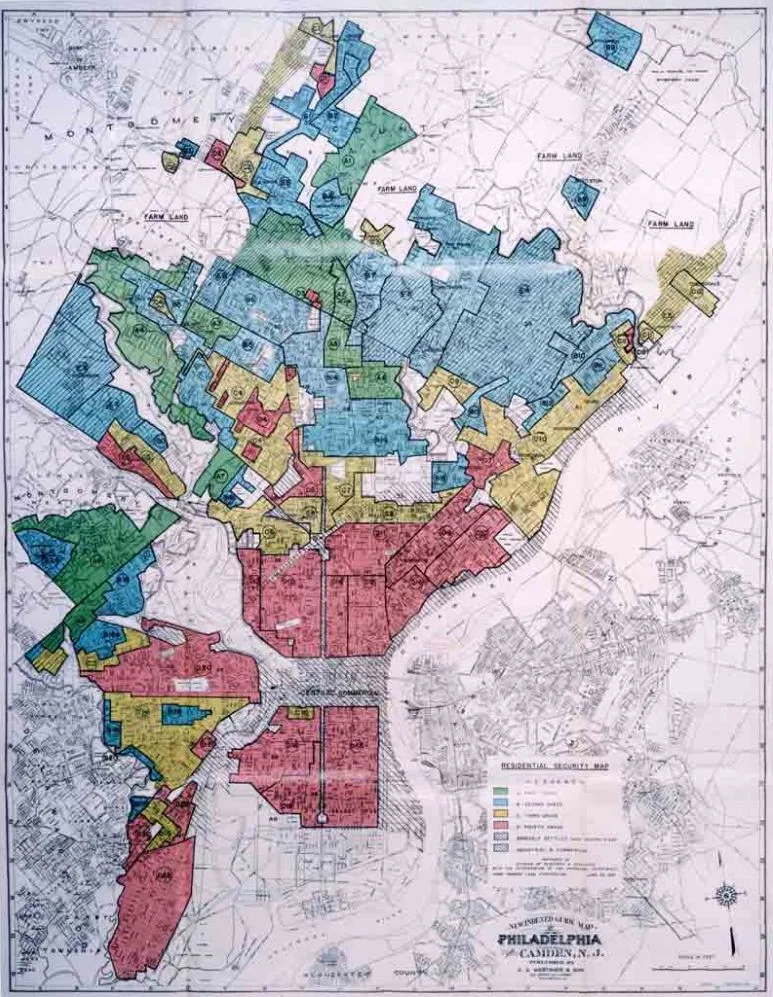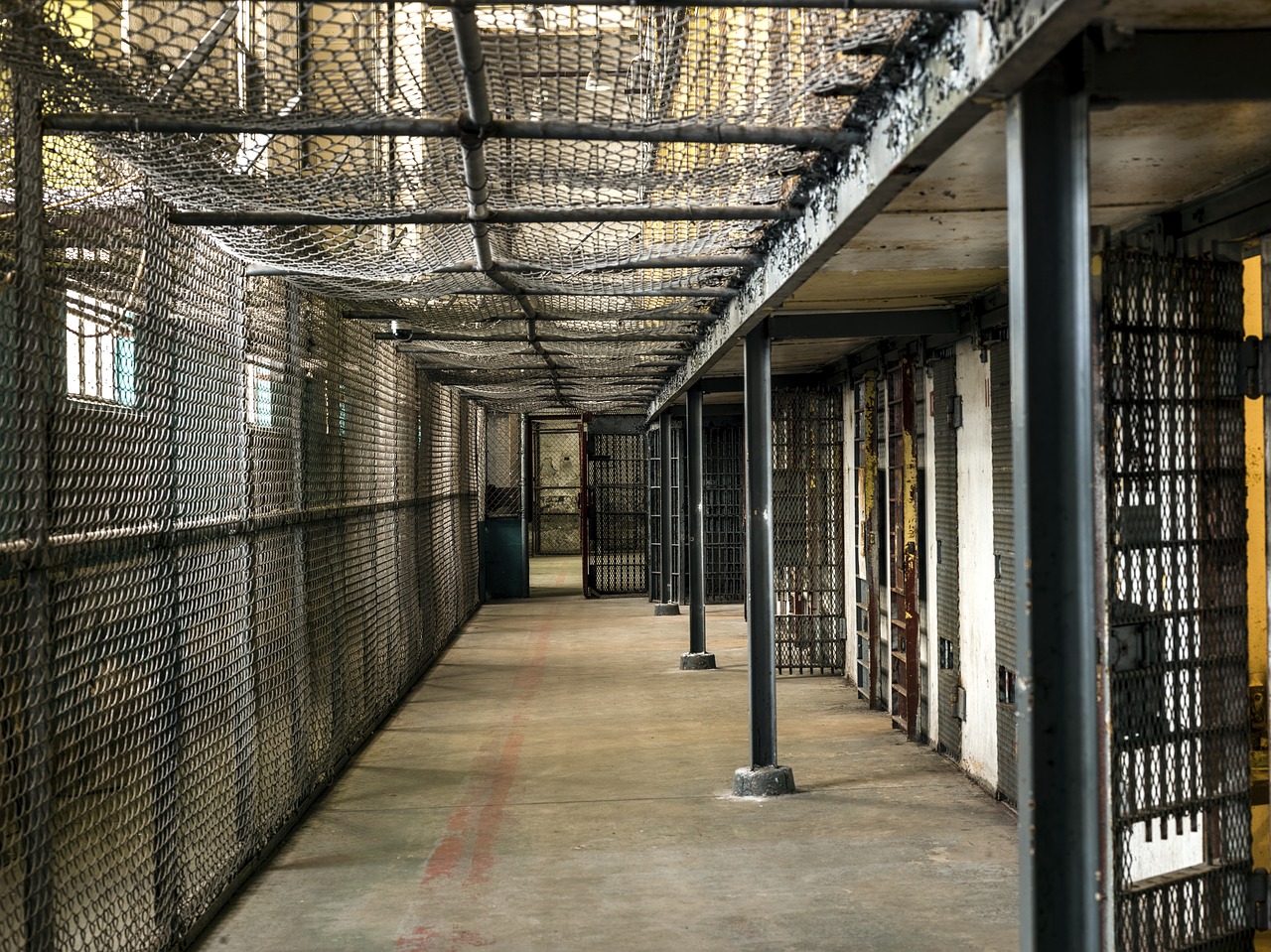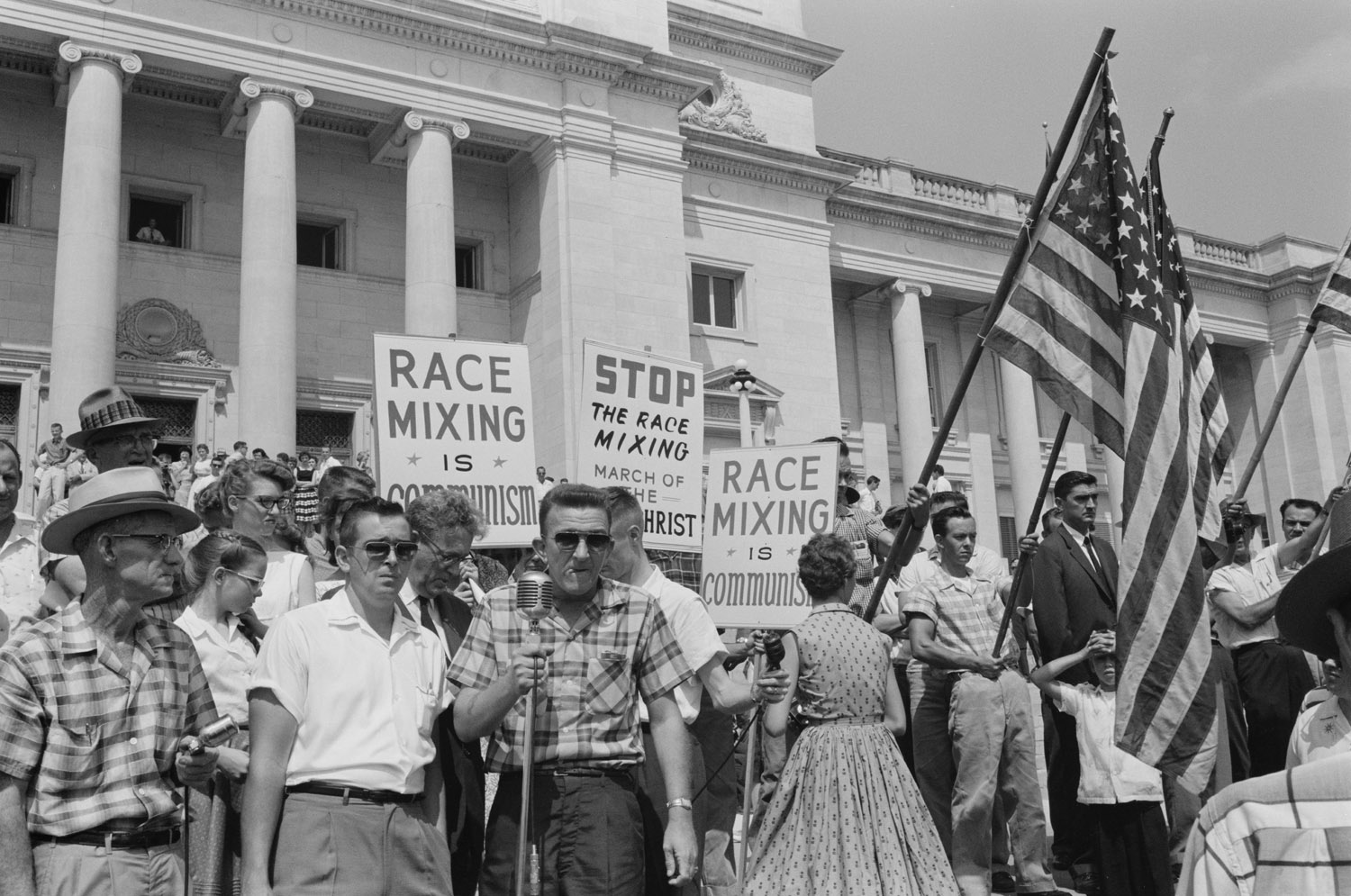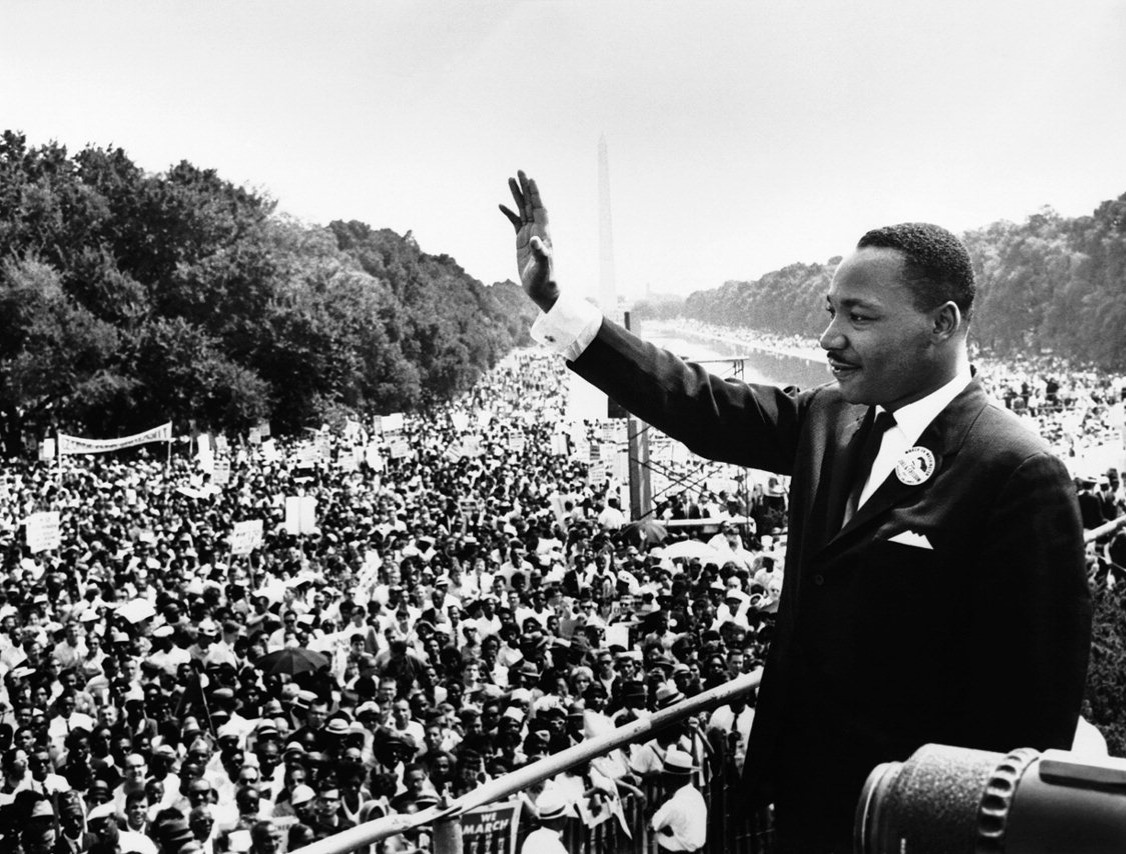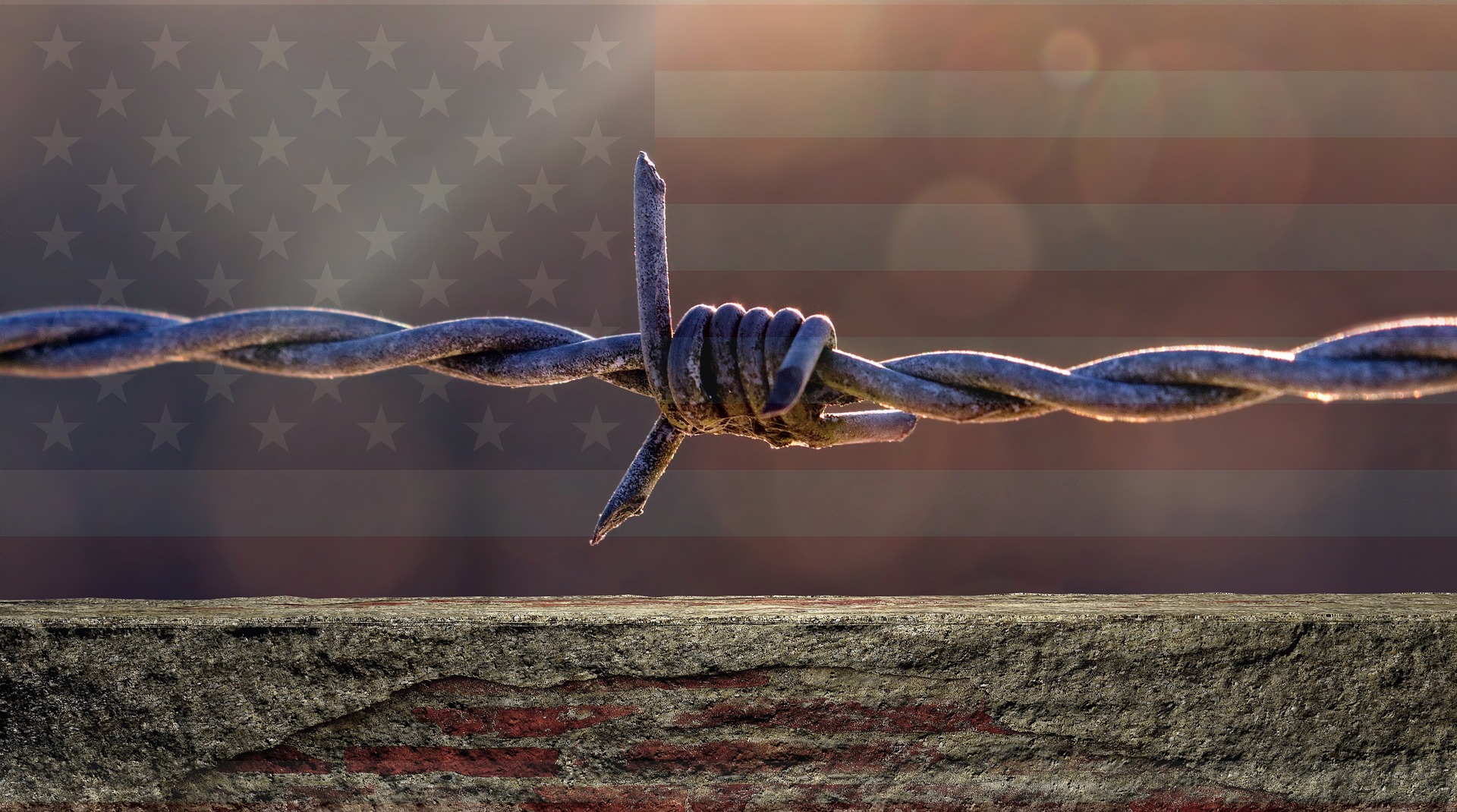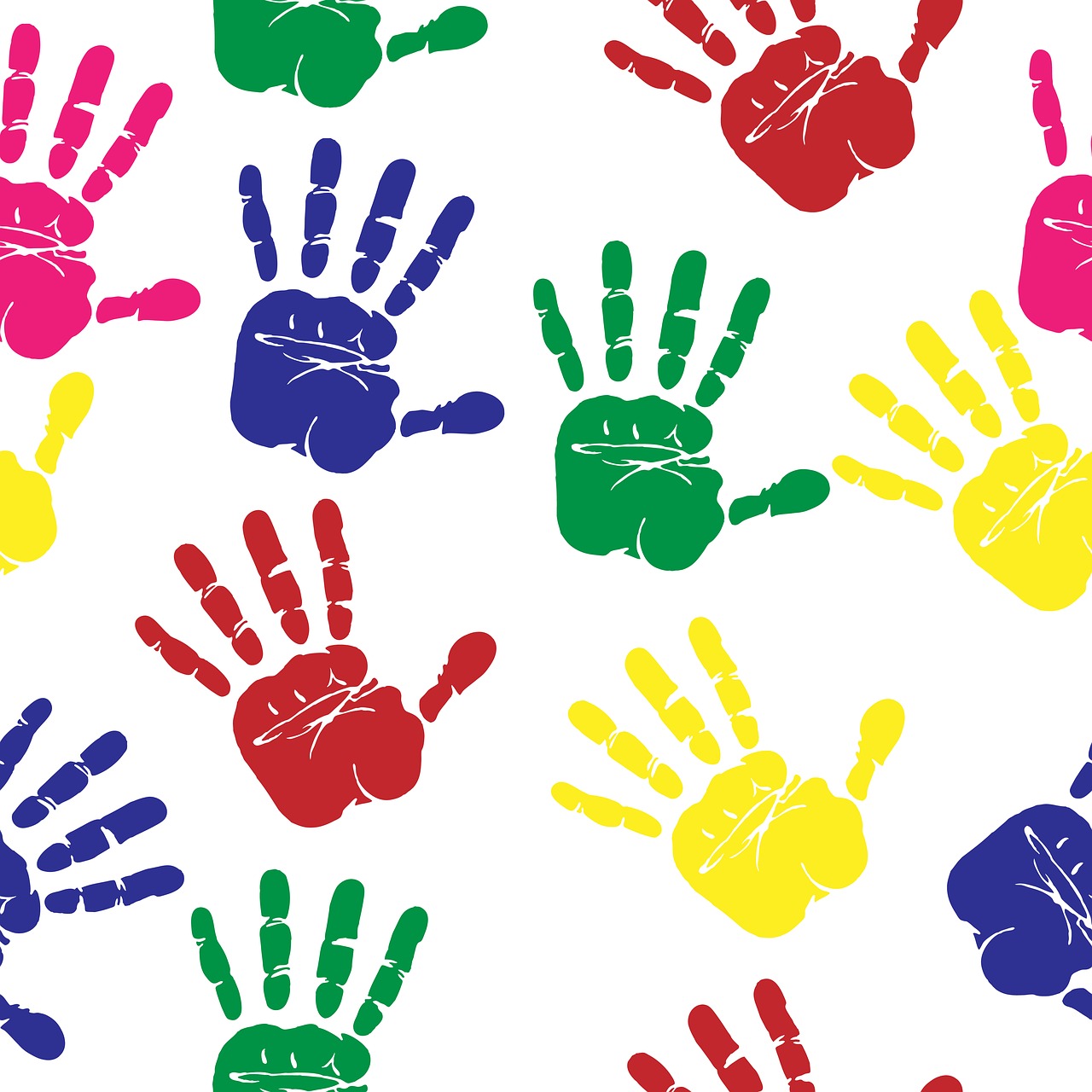Race and Child Development
Photo credit: Karen Arnold | CC0, Public Domain Pictures.
Introduction
This page highlights the developmental aspects of interpersonal and systemic stresses caused by personal or system racism on the child.
Conversation Stations
These are the images used in artistic physical displays. They are survey questions and conversation starters that are topically and thematically organized. They demonstrate how Jesus is relevant to each topic or theme. You can also just view the images on your device. If you would like, see all our Conversation Stations; below are the ones that relate to the topic of Race.
Whose Justice? (and instructions and Christian Restorative Justice Study Guide)
Whose Justice? for Harvard Law School
Is a Good Friend Hard to Find? (and instructions and conversation tree)
What Can We Do About Evil? (and instructions and conversation tree) and smaller version and brochure version
Que Podemos Hacer Sobre La Maldad? for the Asociacion Dominicana de Estudiantes Evangelico, 2014
Does the Good Outweigh the Bad? (and instructions)
Race What's the Problem? (and instructions) and brochure version
Other Resources on the Impact of Racism on Child Development
Toxic Stress: The Facts (Harvard Center on the Developing Child)
National Forum on Early Childhood Policy and Programs (Harvard Center on the Developing Child)
Dr. Aaron Bernstein, Climate Change and Children’s Health. Harvard School of Public Health. children’s increased vulnerability to diseases, heat, air quality, etc. See also Bernstein, Climate Change and a Child’s Brain, and Bernstein, Climate Change and Nutrition. Important because race is a factor in people’s experience of finding themselves living next to a freeway, dumps, etc.
Beverly Daniel Tatum, Why Are All the Black Kids Sitting Together in the Cafeteria? Basic Books | Amazon page, Jan 2003.
Children's Defense Fund, America's Cradle-to-Prison Pipeline Report. Children's Defense Fund, Oct 10, 2007.
Joel Spring, Deculturalization and the Struggle for Equality: A Brief History of the Education of Dominated Cultures in the United States. McGraw-Hill Humanities | Amazon page, Feb 2009.
Tony Dokoupil, What Adopting a White Girl Taught One Black Family. Newsweek Magazine, Apr 22, 2009.
Robin Nixon, Individuals with Rare Disorder Have No Racial Biases. Live Science, Apr 12, 2010. how social anxiety is at the root of race perception, showing the importance of dealing with fear
Lisa Wade, The Hookup Elites: Not Everyone in College is Hooking Up - Mostly White and Wealthy. Slate, Jul 19, 2013.
Chris Hayes, When Will White Moderates Condemn Dangerous White Culture? MSNBC news, Jul 30, 2013.
Tracy Connor, Many Americans Have No Friends Outside Their Race. NBC news, Aug 8, 2013.
Rodney Carmichael, Is White Student Disengagement a Problem at Georgia State University? Fresh Loaf, Sep 5, 2013.
Ryan Kearney, White People Love Hiking. Minorities Don't. Here's Why. New Republic, Sep 6, 2013.
Rebecca Savastio, KKK Member Walks up to Black Musician in Bar-but It’s Not a Joke, and What Happens Next Will Astound You. Las Vegas Guardian Express, Nov 20, 2013.
Maggie McGrath, The Challenge of Being Poor at America's Richest Colleges. Forbes, Nov 27, 2013.
Enuma Okoro, Why I Wouldn't See "12 Years a Slave" With a White Person. The Atlantic, Nov 27, 2013.
Cecilia Flores, How Racism Affects Our Community (Boston). Piktochart, 2014.
Marcie Blanco, Wharton Study Shows the Shocking Result When Women and Minorities Email Their Professors. PolicyMic, May 1, 2014.
Anonymous, BC Students Are Men and Women for Others...Just Not on Yik Yak. Boston College Heights, May 4, 2014.
Helen Wan, The Surprising Racial Bias Against Asians. CNN, May 20, 2014.
Jesse Singal, Scarcity Might Make People More Racist. New York Magazine, Jun 9, 2014.
Francie Latour, Hiking While Black: The Untold Story of Black Conservationists. Boston Globe, Jun 20, 2014.
Christopher Ingraham, Three Quarters of Whites Don't Have Any Non-White Friends. Washington Post, Aug 25, 2014.
Dr. Nadine Burke Harris, How Childhood Trauma Affects Health Across a Lifetime. TED Talk, Sep 2014. re: when a child experiences abuse, neglect, parental mental illness, substance abuse, incarceration, separation or divorce, domestic violence
Black Girl Nerds, Racial Discrimination & Resignation of Dr. Misee Harris - An Open Letter to Media. Black Girl Nerds, Sep 12, 2014.
Brittney Cooper, The Racial Parenting Divide: What Adrian Peterson Reveals About Black vs. White Child-Rearing. Salon, Sep 16, 2014.
Caitlin MacNeal, The Republicans In 'Republicans Are People Too' Ad Are All Stock Photos. TPM, Oct 1, 2014.
Liza Mundy, Cracking the Bamboo Ceiling: Can Asian American Men Learn from Lean In? The Atlantic, Oct 14, 2014.
Will Bunch, Smiling Black Woman Next to Corbett on His Website Was Photoshopped. Philly.com, Oct 16, 2014.
Lawrence Otis Graham, I Taught My Black Kids That Their Elite Upbringing Would Protect Them from Discrimination. I Was Wrong. Washington Post, Nov 6, 2014.
Jacqueline Woodson, The Pain of the Watermelon Joke. New York Times, Nov 28, 2014.
Mary C. Curtis, When GOP Staffer Put Obama Children ‘At a Bar,’ It Continued American Tradition of Trashing Black Females’ Morality. Washington Post, Dec 2, 2014.
Sean McElwee, Millenials Are Less Racially Tolerant Than You Think. New Yorker Magazine, Jan 8, 2015.
Jesse Singal, What Happens When Minority Kids Are Taught Not to Talk About Race. New York Magazine, Aug 17, 2015.
Daniel Cox, Juhem Navarro-Rivera, Robert P. Jones, Race, Religion, and Political Affiliation of Americans’ Core Social Networks. PRRI, Aug 3, 2016.
Radiolab, Inner Voices. Radiolab, Nov 2016. About student performance when gender or race trigger words are used or not
Vox, Why Blackface is Still Part of Dutch Christmas. Vox, Dec 1, 2016.
Leila Morsy and Richard Rothstein, Mass Incarceration and Children’s Outcomes: Criminal Justice Policy is Education Policy. Economic Policy Institute, Dec 15, 2016.
Melinda D. Anderson, Why the Myth of Meritocracy Hurts Kids of Color. The Atlantic, Jul 27, 2017.
Sunbeam Television, Study: Massachusetts Single Parents Spend More Than 70 Percent of Income on Child Care. News 7 Boston, Dec 27, 2017.
Emily Badger, Claire Cain Miller, Adam Pearce, and Kevin Quealy, Extensive Data Shows Punishing Reach of Racism for Black Boys. New York Times, Mar 19, 2018.
Alvin Chang, Living in a Poor Neighborhood Changes Everything About Your Life. Vox, Apr 4, 2018.
William Saletan, Stop Talking About Race and IQ. Slate, Apr 27, 2018. See also Caroline Kitchener and Karen Yuan, Race, Genetics, and Scientific Freedom. The Atlantic, Apr 30, 2018.
Ashley Fetters, The Exceptional Cruelty of a No-Hugging Policy. The Atlantic, Jun 20, 2018. and Charlie Baily and Schuyler Henderson, The Clinical Case for Keeping Families Together. The Atlantic, Jun 20, 2018.
Annie Lowrey, How America Treats Its Own Children. The Atlantic, Jun 21, 2018.
Shanita Hubbard, The Heartbreak of Raising a Black Daughter in a Red State. New York Times, Jul 21, 2018.
Meagan Flynn, Texas Judge Strikes Down Adoption Law to Keep Native American Children Within Tribe. UK Independent, Oct 11, 2018.
Jemar Tisby, How to Talk to Your Kids About Race. The Atlantic, Oct 16, 2018. . See also Ashaunta Anderson and Jacqueline Dougé, Talking to Children About Racial Bias. Healthy Children | American Academy of Pediatrics, Jul 29, 2019. .
Anne Harrington, The Forgotten Tale of How Black Psychiatrists Helped Make ‘Sesame Street’ (The Daily Beast, May 17, 2019. “The children’s television show entranced preschoolers—and helped teach impressionable black kids”
American Academy of Pediatrics, Racism and Its Health Impact on Children and Teens. AAP, Jul 29, 2019. summarizing this well documented and footnoted journal article by Maria Trent, Danielle G. Dooley, Jacqueline Dougé, The Impact of Racism on Child and Adolescent Health. Journal of Pediatrics, Aug 2019. and helpful summary by Angela Helm, Pediatricians: Black Children Suffer Significantly from Racism. The Root, Aug 9, 2019.
Caitlin Gibson, ‘Do You Have White Teenage Sons? Listen Up.’ How White Supremacists Are Recruiting Boys Online. Washington Post, Sep 17, 2019.
Samantha Bee, Why Foster Care is Broken and How to Fix It. Full Frontal on TBS, Oct 23, 2019. racial disparities on taking kids away from their families
Mike Cummings, Friendship, Romance and Race: What Sociologist Grace Kao Found. Yale University News, Nov 13, 2019. “It’s depressing to see so few interracial friendships. For most people, their best friend is someone of the same race. The rate is close to 90% among white kids. Something that I found especially upsetting was the non-trivial percentage of kids who listed no friends at all.”
Maggie Beneke, Manka Varghese, and Caryn Park, How White Families with Young Children Can Work to Undo Racism. Seattle Times, Jan 19, 2020.
Melissa De Witte, Who People Believe Rules in Heaven Influences Their Beliefs About Who Rules on Earth, Stanford Scholars Find. Stanford University, Jan 31, 2020. “Stanford psychologist Steven O. Roberts found that the characteristics U.S. Christians assign to God – e.g., male, female, black, white, old, young – are the same identities they attribute to a boss.”
Pirette McKamey, What Anti-Racist Teachers Do Differently. The Atlantic, Jun 2020. “They view the success of black students as central to the success of their own teaching.”
Taylor Weik, Why Dr. Seuss Got Away with Anti-Asian Racism for So Long. NBC News, Mar 11, 2021. includes photographs of the books in question; corporate and cultural anti-Asian prejudice was accepted
Martin Hällsten and Max Thaning, Wealth as One of the “Big Four” SES Dimensions in Intergenerational Transmissions. Social Forces, Oxford University, Jul 2, 2021. “We find that wealth is a distinct dimension of SES that is very different from education, occupation, and income. Parental wealth cannot be substituted for other SES dimensions in understanding child’s wealth attainment. Moreover, parental wealth substantially moderates intergenerational reproduction in other dimensions: The wealthiest have higher reproduction rates in all child outcomes, but in particular for children’s income and wealth. Excluding wealth leads to underestimating intergenerational inequality, aggravated by its qualitatively unique status as an SES resource. We conclude that—alongside the SES resources education, occupation, and income—wealth emerges as an integral and unique dimension of what we choose to call the “big four” of social stratification.”
Ryan Grim, Killer Mike: Failing To Teach Real American History Deprives Everybody Of Their Full Humanity. Rising | The Hill, Nov 16, 2021. weighs in on the curriculum debate. Ryan Grim details why the stories of American heroes like Robert Smalls should be taught in schools.
NBC News, New Study Finds Developmental Differences For Children Born During Pandemic. NBC News, Jan 5, 2022. Women who were pregnant while enduring homelessness or eviction, and food insecurity during the beginning of the COVID-19 pandemic had infants with developmental delays. At six months, infants were slower in fine motor skills, gross motor skills, and social skills.
Race: Topics:
This page is part of our section on Race, which contains the following:
Church and Empire: Topics:
Race is a construct created by European colonialism. For more background, consider the Church and Empire section of our website. This section reminds us what Christian faith was like prior to colonialism, and in resistance to colonialism, to show that Christianity is not “a white man’s religion.”

